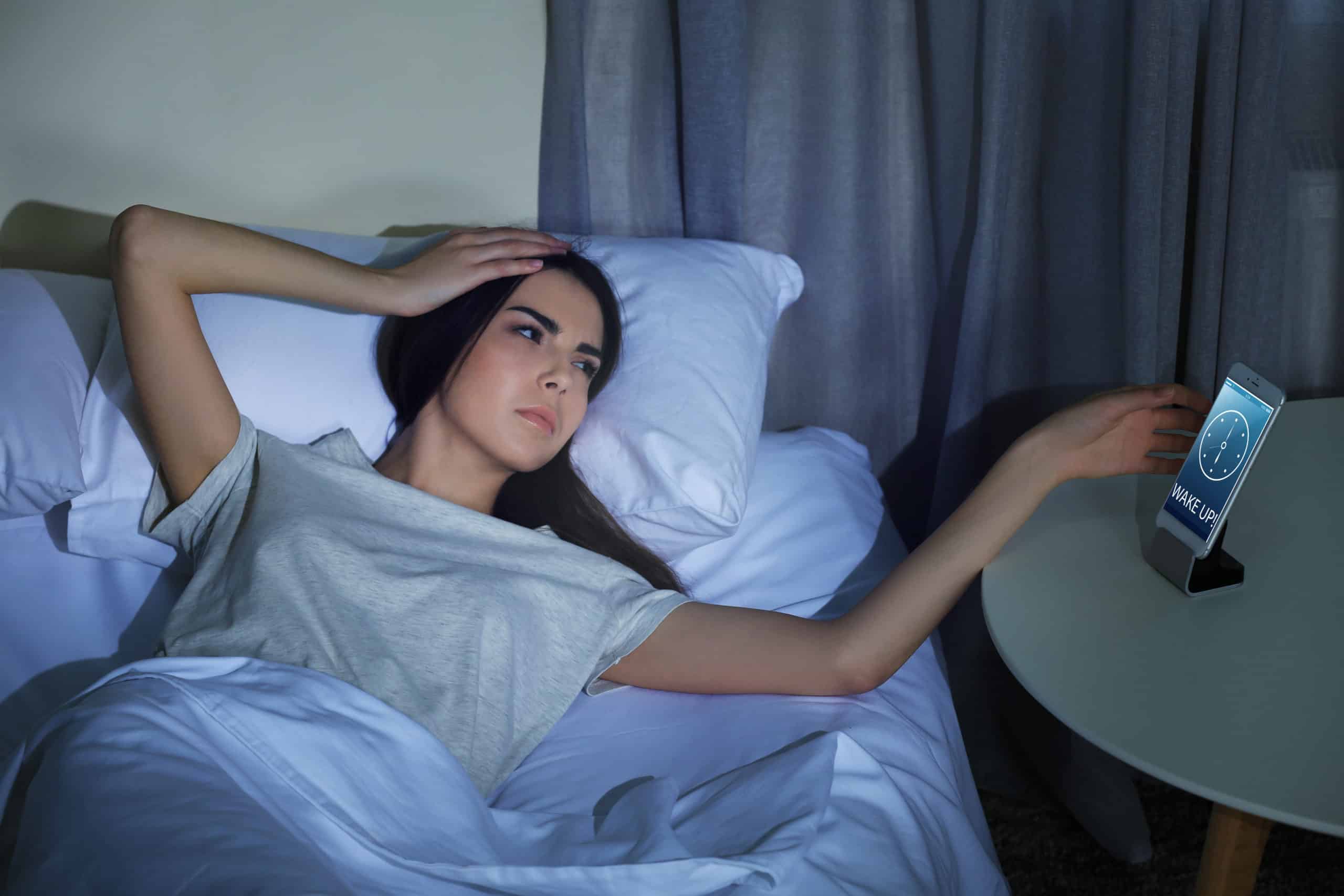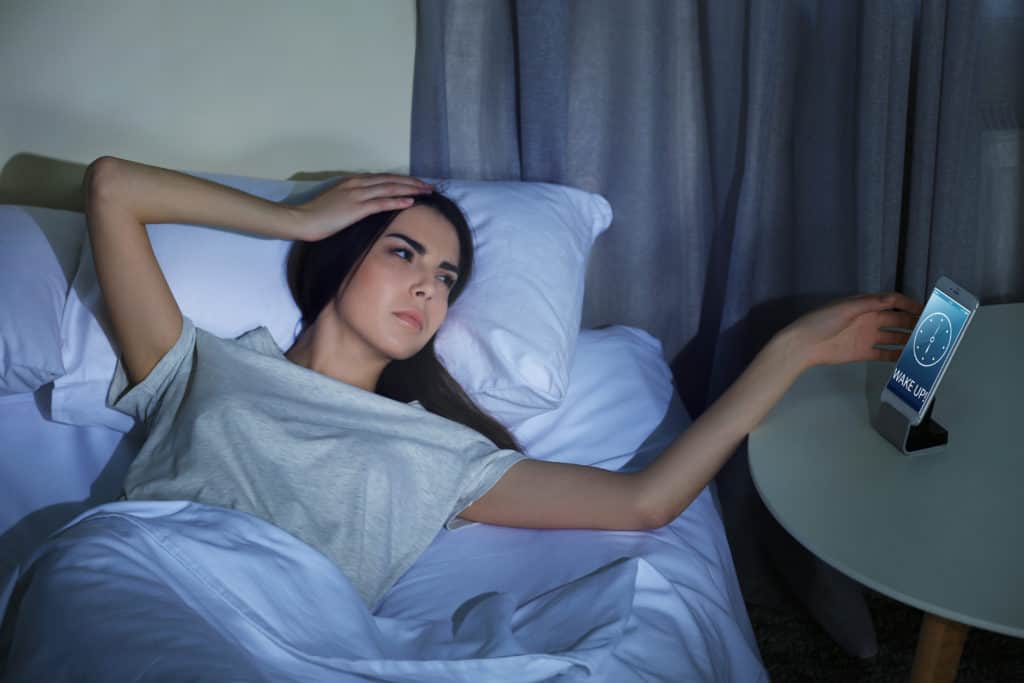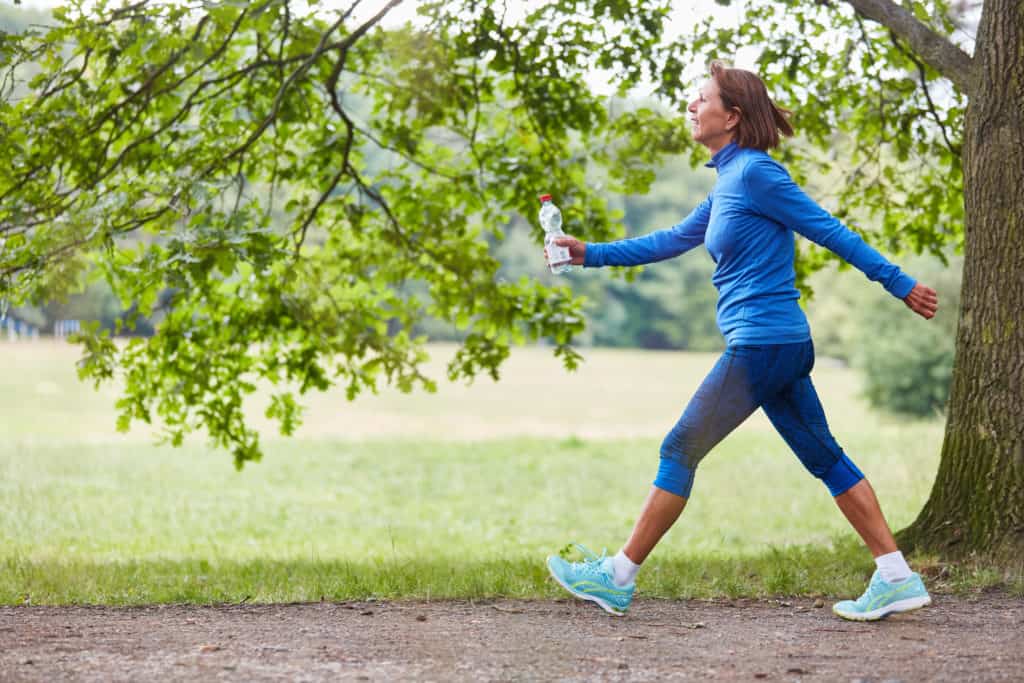5
Tips to Increase Energy Levels Naturally
Tips to Increase Energy Levels Naturally

Are you slackening through your day? Life is rather hectic, stressful, and all-consuming these days, so it’s normal to be feeling a little more exhausted than usual. While your go-to move might be to reach for a Starbucks or Red Bull, there are some healthier ways to boost your energy levels in the morning. Here are five ways to boost energy levels naturally.
Need an Energy Boost?


Make Time for Quality Sleep
This may sound like a no-brainer, but one of the best things you can do to tackle exhaustion is to make sure you get quality sleep. According to the Centers for Disease Control and Prevention, 35% of American adults don’t sleep the recommended 7 hours every night. The American Academy of Sleep Medicine further indicates that 7 hours can also play a role in helping prevent several health conditions, including diabetes, hypertension, obesity, and more.
Here are some helpful sleep tips to help you catch some z’s:
- Set up a schedule and go to bed approximately the same time every night, and wake up at the same time every morning.
- Design an ideal sleep area (cool and dark).
- Get rid of stimuli in your room, such as technology.
- Try to avoid alcohol around bedtime.
- Take a bath.
Get Moving
While getting up off that couch may be the last thing on your mind, exercise—even just a walk—can be an actual energy booster. Why don’t you get out there and find out? The CDC recommends 150 minutes of moderate activity every week and at least 2 days of muscle strengthening exercises.
“Physiologically speaking, it is not entirely clear, but there is an association between physical activity and a reduction in low energy and fatigue,” stated Jennifer Nelson, DO, internal medicine physician at Banner – University Medicine Internal Medicine Clinic. “Some of this may include the release of endorphins that exercise causes or the improvement in sleep that regular activity results in.”





Limit Alcohol
If life has given you all the reasons to pick up the habit of drinking before bed, chances are, it may be affecting your sleep. That drink before bed may help you fall asleep, but you’ll find yourself tossing and turning all night long. If you have to drink, do so in moderation and at a time when you don’t mind having your energy levels low.
“While alcohol decreases the time it takes to fall asleep and seems to increase the quality of sleep during the first half of the night, it greatly disrupts sleep during the second half of the night and affects overall REM sleep for the night,” Dr. Nelson said.

Drink Your Water
One of the first signs of dehydration is tiredness. To combat daytime fatigue, keep water intake up throughout the day (9 glasses for women and 13 glasses for men).





Watch Your Diet
Our primary source of energy comes from food. We’ll let you in on a little secret (not really). The trick is to avoid processed foods; they can spike your energy levels and then plummet, leaving you feeling down and bloated. Instead, consider foods with a low glycemic index—whole grains, high-fiber vegetables, nuts, and healthy oils. You may also want to consider investing in natural supplements to help, but make sure you do your research first. Millions of people have been swearing by these products, and for good reasons.
Note: Some dietary supplements may increase or decrease the effectiveness of your medication.
Energy Levels going up
Still feeling tired? While some of these natural energy booster tips will make a difference in your days, low-energy levels could be a sign of an underlying medical problem such as hypothyroidism, anemia, a sleep disorder, or in rarer cases, a mental health condition. Talk to your doctor if your fatigue has gotten out of control and is progressing.
